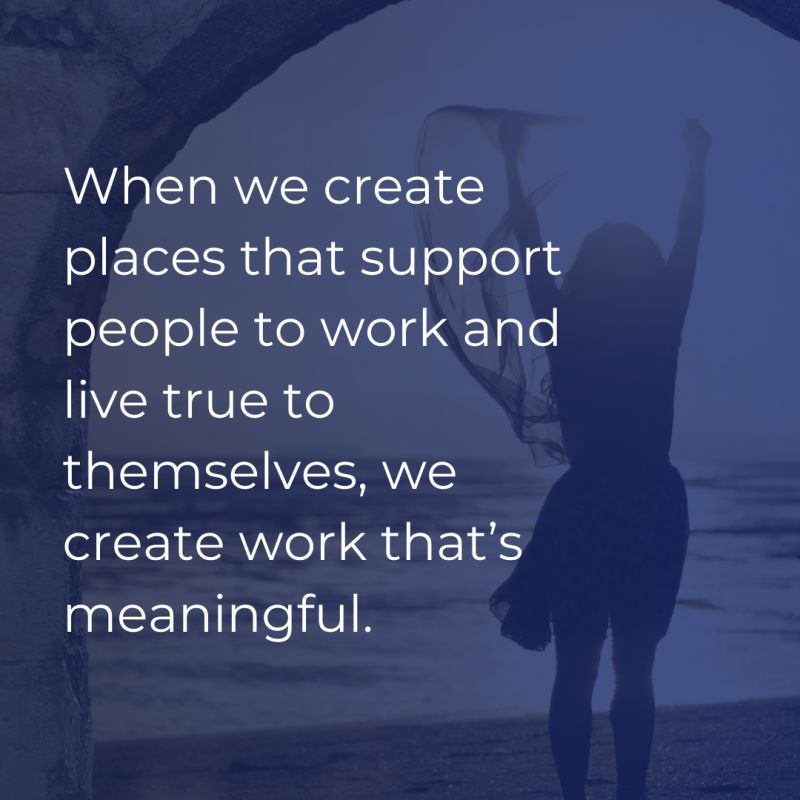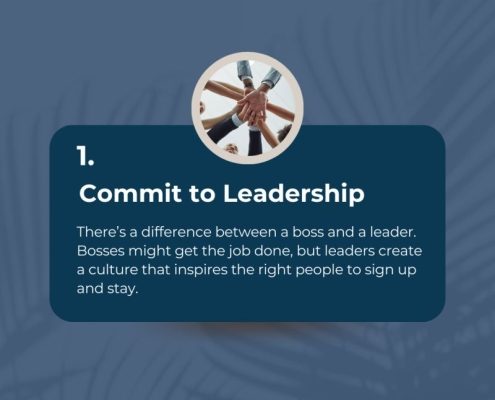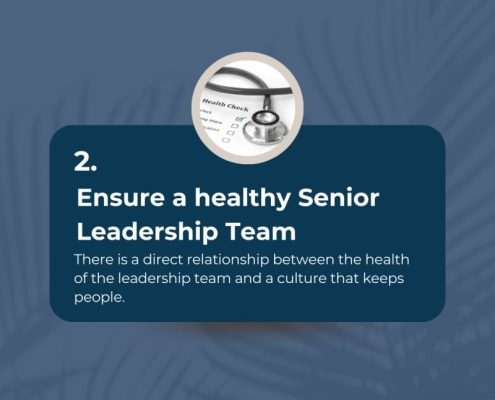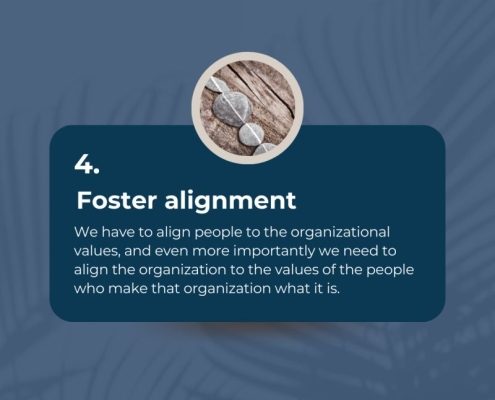What’s it like to live authentically?
What’s it like to live authentically?
When asking people their experience of living authentically and inauthentically, they describe living when not being themselves as “Exhausting,” “Depressing,” “Sad,” “Stressful,” “Lonely,” “Disengaged,” “Empty,” “Lost.”
When asked what it’s like to live accepting of yourself, responses include: “Happy,” “Confident,” “Joyous,” “Free,” “Inspiring,” “Appreciative,” “Alive,” “Fulfilled.”
When we create places that support people to work and live true to themselves, we create work that’s meaningful. They lose all track of time at work and make a massive contribution to the organization.
What are you doing to create authentic workplaces, where people contribute in a way that is aligned with their authentic self – their “sweet spot?”







